We collected input from hundreds of visitors to the site to compile the list of the 100 Greatest Books of All Time. You can see the beginning of the project here, where you’ll also find an index of all the results to date.
15. Dracula by Bram Stoker
Paige MacGregor: Although Stoker did not invent the vampire, his novel — first published in May 1897 — created what is now known as the “traditional” concept of this blood-sucking creature and influenced innumerable other authors, screenwriters, artists, and creative minds, even today. Despite its age, Dracula is considered a must-read horror text for many readers and was and continues to be so influential that one of Stoker’s nephews, Dacre, took the painstaking time necessary to piece together Bram’s notes for a sequel so that his ideas could be shared with the public, even 97 years after his death.
Angela Holtz: Dracula practically created the horror genre.
14. Les Misérables by Victor Hugo
Victor Hugo’s 1862 novel of early 19th century France regularly finds itself on lists of the greatest works of fiction of its era. A monument of French writing, the book would inspire the hugely popular and successful musical of the same name.
13. Fahrenheit 451 by Ray Bradbury
Kelly Melcher: I can’t begin to tell you how angry I was when I first read this book. My gut reaction was fury; who could possibly want to burn books?! Even in a society where print media may start being seen as less and less important, the idea that the free exchange of information and ideas can be stopped is a threat even now. If this books wakes up one idea, it is that society without books is a world not worth living in.
Lisa Applegate: Every time I watch daytime TV, I’m reminded that the “future” Bradbury wrote about in Fahrenheit 451 is so much closer to becoming the “now,” and that no one else watching daytime TV would have any idea what that means.
Adam Black: Question everything!
12. The Hobbit by J. R. R. Tolkien
The Hobbit is the precursor to The Lord of the Rings, published in 1937 and telling of Bilbo Baggins’s adventures and initial finding of the One Ring. Shorter and more constantly adventurous than the epic that would follow, The Hobbit is a staple of reading lists in many schools.
Rose Shapiro: The Hobbit is the greatest book. It is the original fantasy, and in my opinion, all modern fantasy borrows so much from Tolkien. The Hobbit was so explosively original, it’s no wonder that authors to come after can’t ever top it.
11. Harry Potter and the Prisoner of Azkaban by J. K. Rowling
Jessica: Nothing has captured the attention of readers of all ages more profoundly than the Harry Potter series, and the third installment is our first glimpse into the darker side of the wizarding world. The twists and turns are unpredictable, and you can feel the characters growing up on the pages in front of you. Definitely a highlight of the series.
Lisa Applegate: I would’ve been happier with the Harry Potter series had Rowling ended it with Azkaban, questions unanswered, and all. It was her best-written effort, and the series only went downhill from there.
Previous five: #20-16
The list continues tomorrow with #10-6.



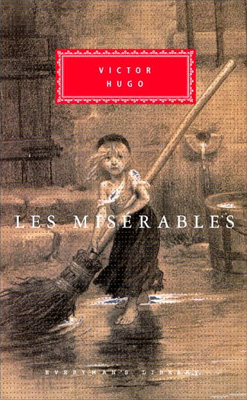
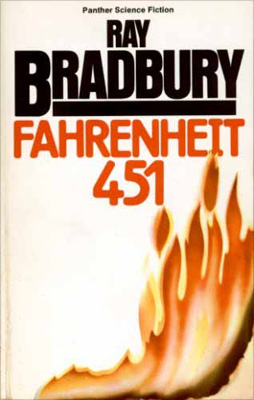
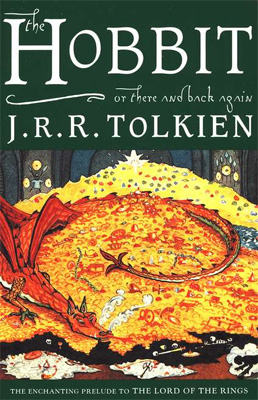
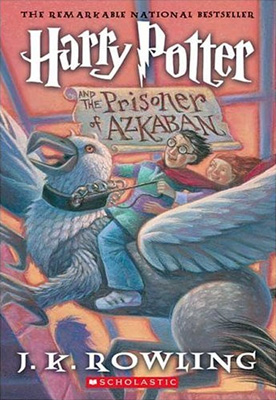
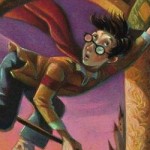
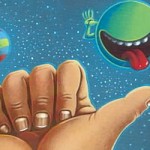
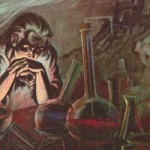
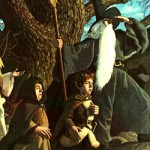
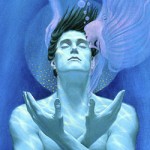
Kelly, Lisa, Adam – I’m with you. Rage when I read Farenheit 451, then fear. Now it’s a reality. We can’t use certain “politically incorrect” words we always used before, song lyrics deemed detrimental to society (Stephen Foster’s My Old Kentucky Home comes to mind), and the slanting, if not total rewriting, of history books to suit certain political philosophies. Students today don’t know if what they’re forced to study is true or not.